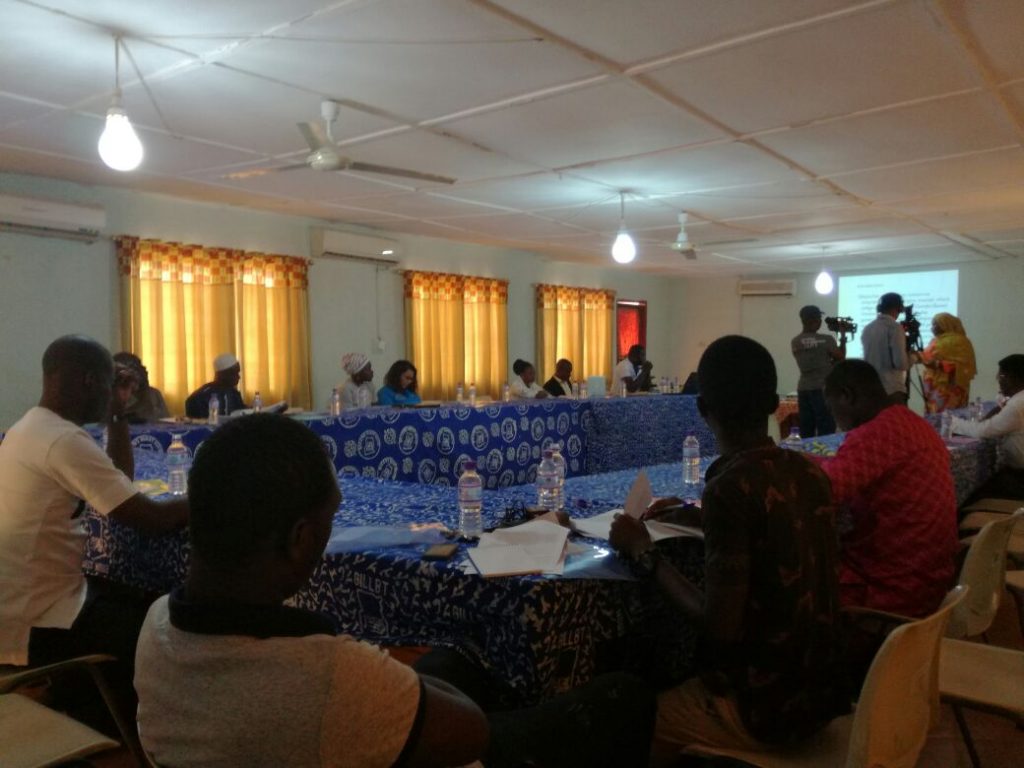Five districts in the Northern Region have recorded the highest rate of child marriage considered as a major human right abuse.
The identified districts are Sagnarigu, Nanumba North, Gusheigu, Saboba and Mion.
This is contained in the report of a survey conducted by Songtaba, a Non-Governmental Organization promoting girl-child and women rights in the Northern Region.
The report disclosed that female teenagers of 13 years are being forced into early marriage and betrothal.
Songtaba’s Executive Director, Hajia Lamnatu Adam at a continual stakeholders meeting in Tamale, cited poverty, teenage pregnancy, inducements and girl child insecurity as some of the remote causes of child marriage.
She explained that, the survey was in line with the implementation of a five-year strategic project christened, “Girls Advocacy Alliance (GAA).”
According to her, the GAA seeks to address the root causes of early child marriage and sexual abuse against girls in the identified districts.
“The Girls Advocacy Alliance” (GAA) project, is being implemented by Songtaba with support from Plan International Ghana, and has been rolled out in 40 communities across the districts.”
Hajia Lamnatu said the survey sought to assess the influence of cultural and traditional norms on child marriage and sexual abuse of girls and women in the five districts.
“It sought to gather information on the extent, magnitude and consequences of child marriages in Ghana, as a basis for raising awareness on how children, particularly girls are affected by the practice”, she emphasized.
She blamed duty bearers for the lackadaisical implementation of policy and legal frameworks needed for children’s protection. She thus called for a comprehensive legal framework on child rights going forward.
She also emphasized the need for extra advocacy on the menace in the identified districts. Hajia Lamnatu recognized the role of religious and traditional leaders in combating the menace, and admonished them to support the crusade.
Songtaba’s project Officer, Mohammed Alhassan in a presentation, said the three regions of the north were prone to child marriage.
He narrated that, the three regions put together recorded 27.4 percent prevalence rate against the national average of 27.0 percent.
“Statistically, 95 percent of respondents knew what child marriage means, while 4 percent stated that they did not know anything about child marriage and its effects. The remainder 1% represented missing values”.
Mr. Alhassan further explained that, even respondents who had indicated that childhood ends at 18 years, subsequently claimed that in marital terms, childhood ends after puberty and that always coincides with the completion of primary schooling.
Participants at the forum condemned the menace and called on all stakeholders including the police, chiefs, parents, religious leaders and human right organizations to expose the perpetrators in their localities.
–
By: Abdul Karim Naatogmah/citifmonline.com/Ghana


